Understanding the Basics of Scuba Diving: A Comprehensive Guide for Beginners
If you’re new to scuba diving, you might be feeling a bit overwhelmed with all the gear, techniques, and jargon involved. Don’t worry- we’ve got you covered! In this article, we’ll explain everything you need to know about scuba diving in a way that’s easy to understand and free from confusing technical jargon. Whether you’re curious about the basics of scuba diving or you’re ready to take the plunge and become a certified diver, we’re here to provide you with a comprehensive guide for a lifetime of discovery and connection with a community of ocean explorers.
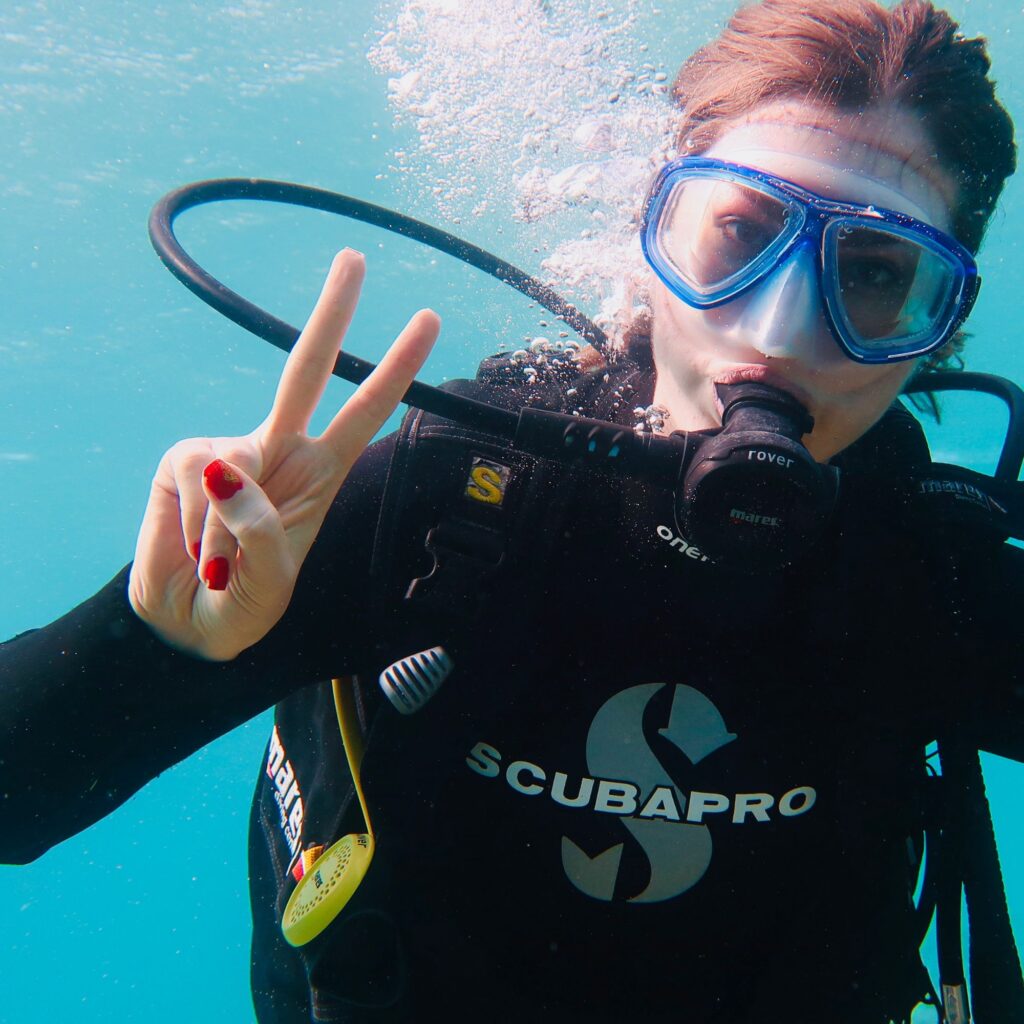
What is scuba diving?
Scuba diving is an activity that involves swimming underwater with the help of a self-contained underwater breathing apparatus (SCUBA) that supplies air. The diver wears a tank of compressed air on their back and breathes through a specialized hose and mouthpiece which allows them to breathe underwater.
Is scuba diving safe?
Scuba diving can be a safe activity when proper training and equipment are used and safety guidelines are followed. However, like any adventure activity, there are inherent risks involved. It is important for divers to take the necessary precautions, including obtaining proper certification, diving with a buddy, and being aware of their surroundings at all times. By following proper safety procedures and guidelines, the risks associated with scuba diving can be minimized.
What are the different types of scuba diving?
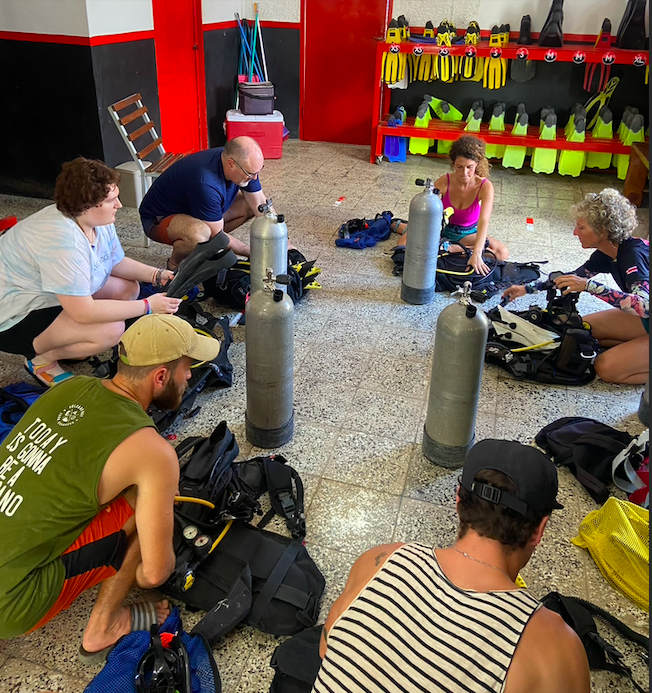
There are several types of scuba diving, including recreational diving, technical diving, and commercial diving. Recreational diving is the most widely practiced type of diving and requires a basic certification, which we will delve into later. Technical diving is a more advanced form of diving that requires specialized training and equipment and involves exploring deeper waters. Commercial diving is done for professional reasons, such as underwater construction, oil rig maintenance, or rescue missions.
Discovery diving is an additional type of scuba diving experience for individuals who are not yet certified divers but want to try diving for the first time. It typically involves a brief introduction to basic diving skills, followed by a short dive under the supervision of a certified instructor. The purpose of discovery diving is to give people a taste of scuba diving before committing to a full certification course. It can be a great way to see if scuba diving is something you would enjoy before investing time and money in full certification.
What kind of training or certifications do you need for scuba diving?
Scuba diving requires specialized training to ensure your safety and the safety of others. You will need to complete a certification course, such as the PADI Open Water Diver course, which covers the basics of scuba diving, safety procedures, and equipment use.
What is an open water scuba certification?
An Open Water certification is an entry-level certification that allows you to dive in open water with certain restrictions. It only allows you to dive to a maximum depth of 60 feet (18 meters) and it doesn’t qualify you for some types of diving, such as deep diving or wreck diving.
What are the different levels of dive certifications?
In general, the hierarchy of dive certifications goes like this…
- Open Water Diver: This is the basic certification level that allows you to dive up to 60 feet (18 meters) with a buddy and without the direct supervision of an instructor.
- Advanced Open Water Diver: This certification allows you to explore deeper waters and gain more experience with different types of dives, such as night diving, wreck diving, or underwater photography.
- Rescue Diver: This certification teaches you how to prevent and manage diving emergencies, as well as how to assist other divers in distress.
- Divemaster: This level is the first professional certification and requires advanced knowledge and skills in diving, as well as leadership and supervisory abilities.
- Instructor: This is the highest level of certification, which allows you to teach and certify other divers.
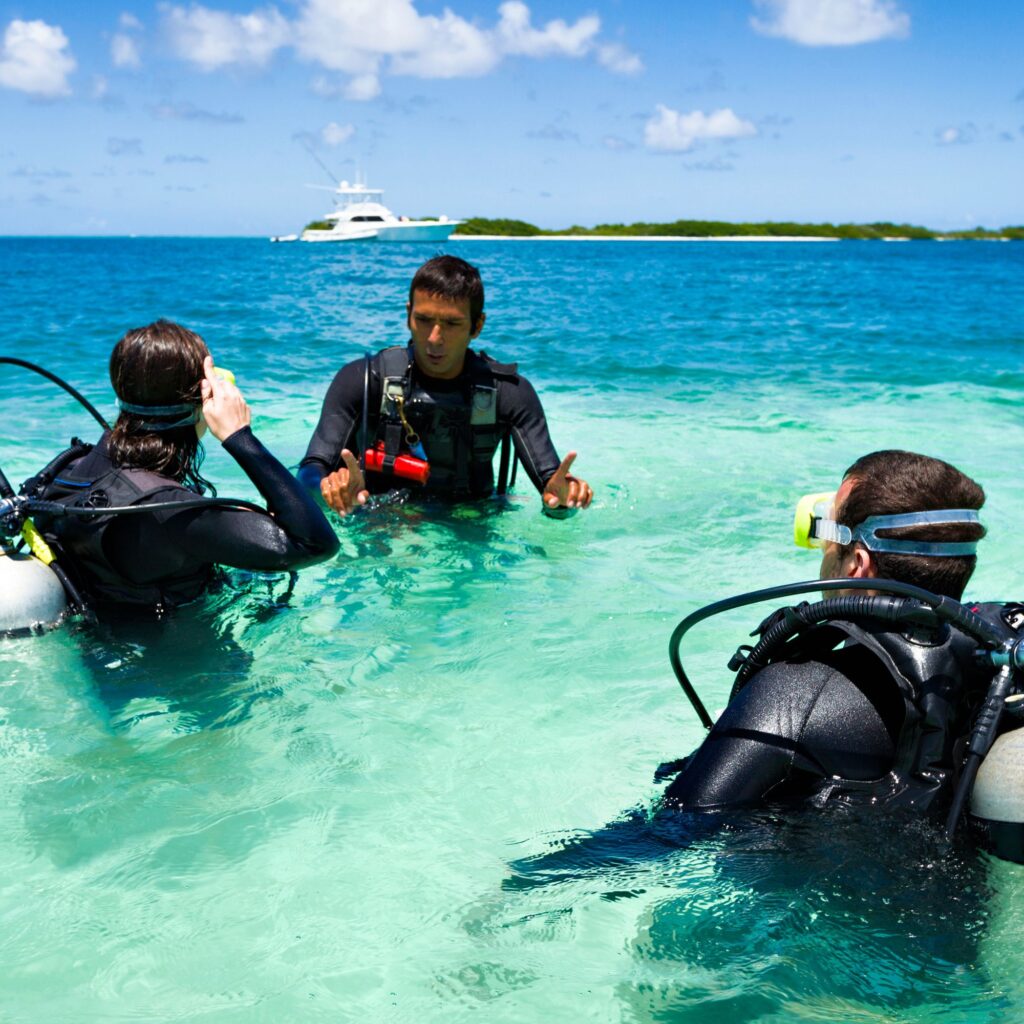
What organizations offer scuba certifications?
Among the most popular and widely recognized are the Professional Association of Diving Instructors (PADI), Scuba Schools International (SSI), and the National Association of Underwater Instructors (NAUI). While there are other organizations out there, these three are a great place to start for anyone looking to get into scuba diving.
What are the requirements to get scuba certified for the first time?
The requirements vary depending on the certification agency and the level of certification you’re seeking. However, in general, to become a an open water certified scuba diver, these are the basic requirements:
- Age: You must be at least 10-12 years old (depending on the agency) to enroll in a scuba diving course.
- Health: You should be in good physical health and free from any medical conditions that may be aggravated by diving. Some agencies require medical clearance from a physician before taking a scuba diving course.
- Swimming Skills: You must be able to swim and tread water for a certain distance and time period (usually 200-300 yards and 10 minutes).
- Coursework: You must complete a scuba diving course that covers the necessary skills, theory, and safety procedures. The course usually includes classroom sessions, confined water dives (in a pool or shallow water), and open water dives (in natural bodies of water).
How long does it take to get scuba certified?
The time it takes to get scuba certified depends on the certification program you choose. The online coursework typically takes around 8-12 hours to complete. The in-person course is usually between 2-4 days. It can be done in as little as a weekend, while others may take several weeks or even months to complete. It’s important to choose a program that fits your schedule and learning pace.
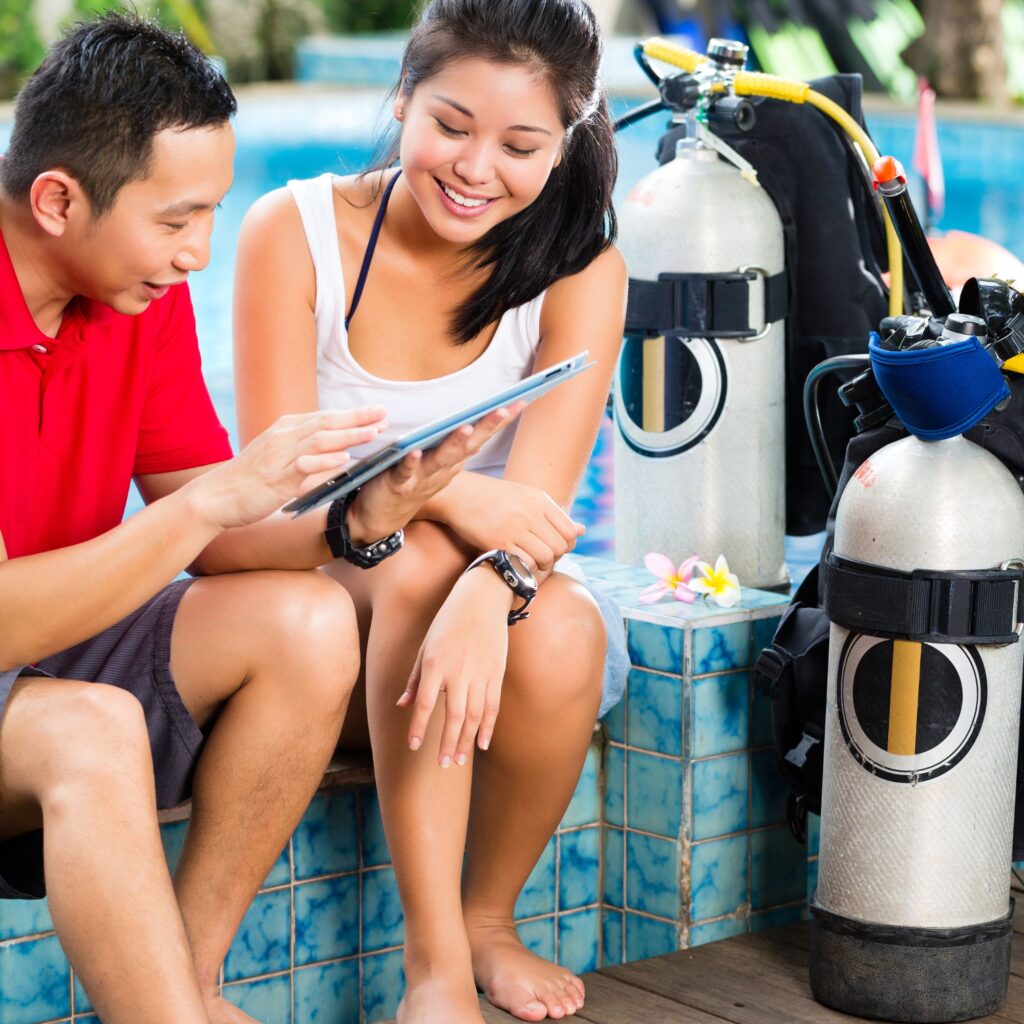
How much does a scuba certification cost?
On average, a basic Open Water certification course can cost between $400 to $600. This usually includes the cost of instruction, course materials, and rental gear.
What can I expect during the basic Open Water certification course?
The online coursework will teach you the basic theory of scuba diving such as how to use scuba equipment, safety procedures, and diving techniques.
During pool sessions, you’ll practice skills such as setting up and using scuba gear, clearing your mask and regulator, buoyancy control, and underwater communication. Once you’re comfortable with these skills, you’ll move on to open water dives, where you’ll apply what you’ve learned in a real-world setting.
What equipment do you need for scuba diving?
To go scuba diving, you will need a few key pieces of equipment, including a wetsuit, fins, mask, regulator, BCD (buoyancy control device), and a tank of compressed air. You can either purchase or rent this equipment.
Do I need to buy all my own gear?
The short answer is no. There are mixed opinions about this in the dive community. Many people prefer to have their own gear while others rent every time they dive. There are pros and cons to both. Renting is typically more cost-effective, especially for occasional divers or beginners. Additionally, renting allows for easier travel without bulky equipment.
What are the benefits of scuba diving?
Scuba diving offers several physical and mental health benefits, such as improved cardiovascular health, increased strength and flexibility, reduced stress and anxiety, and increased mindfulness.
How do I get started?
As a beginner, it’s important to do your research or reach out to an expert (that’s us! info@divetheamericas.com) and find a reputable diving school or instructor to ensure a safe and enjoyable experience. Remember to take your time during the certification process, and don’t hesitate to ask questions and seek guidance along the way. With proper training, equipment, and preparation, diving can be a life-changing experience!
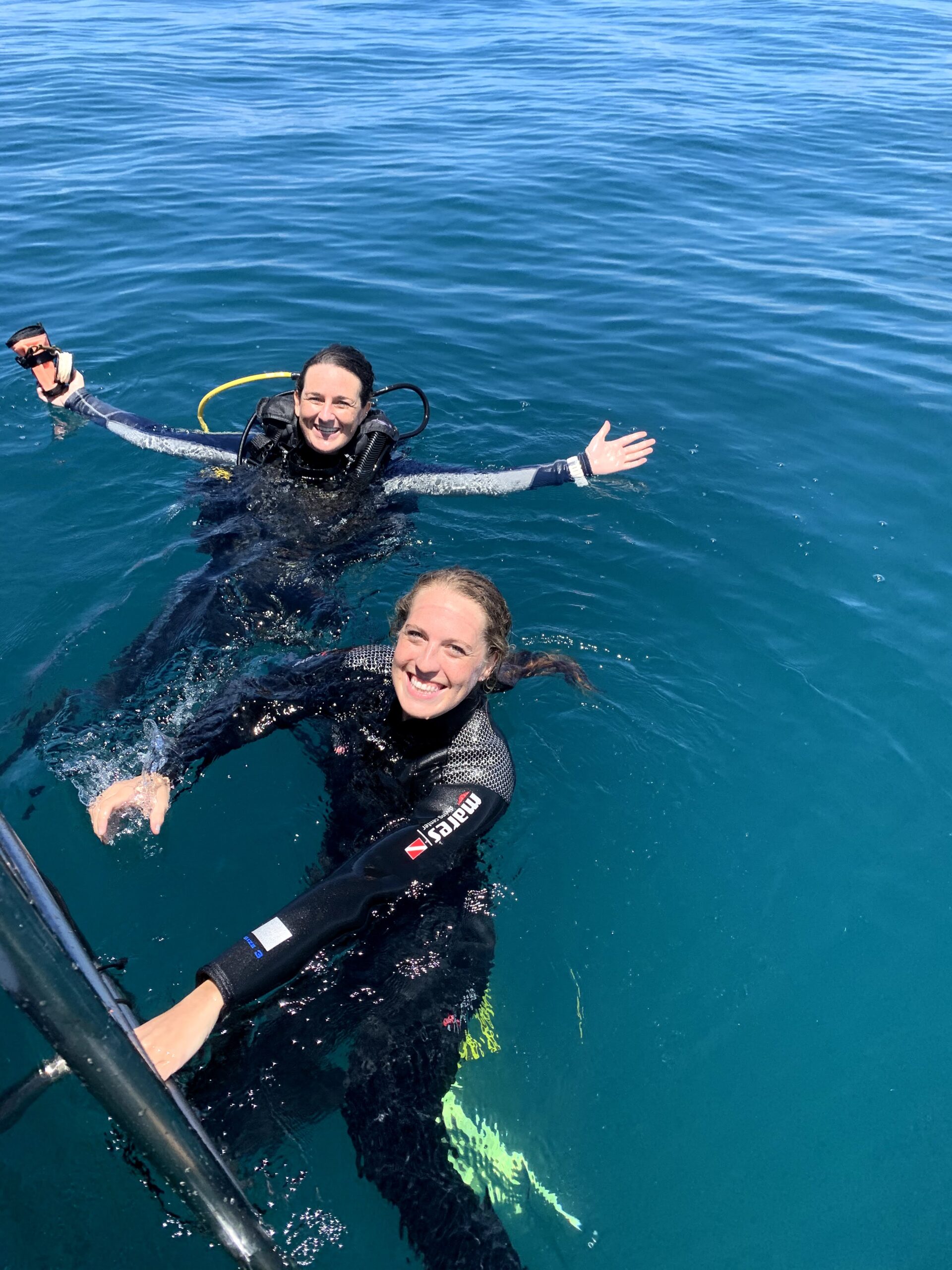
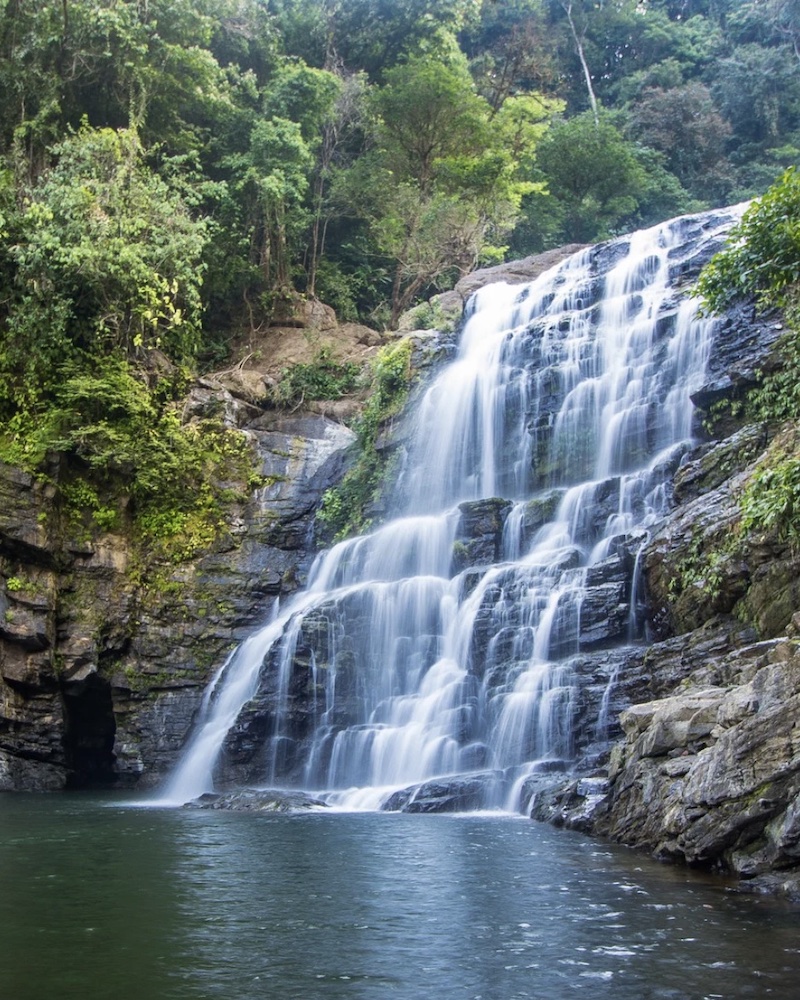
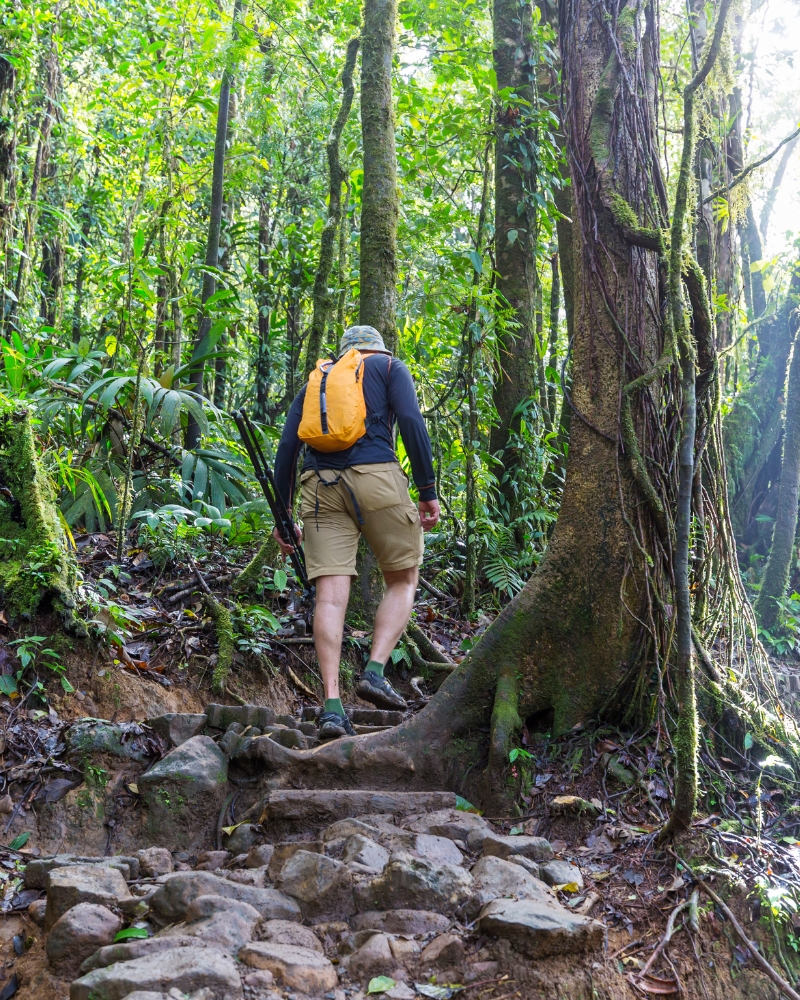


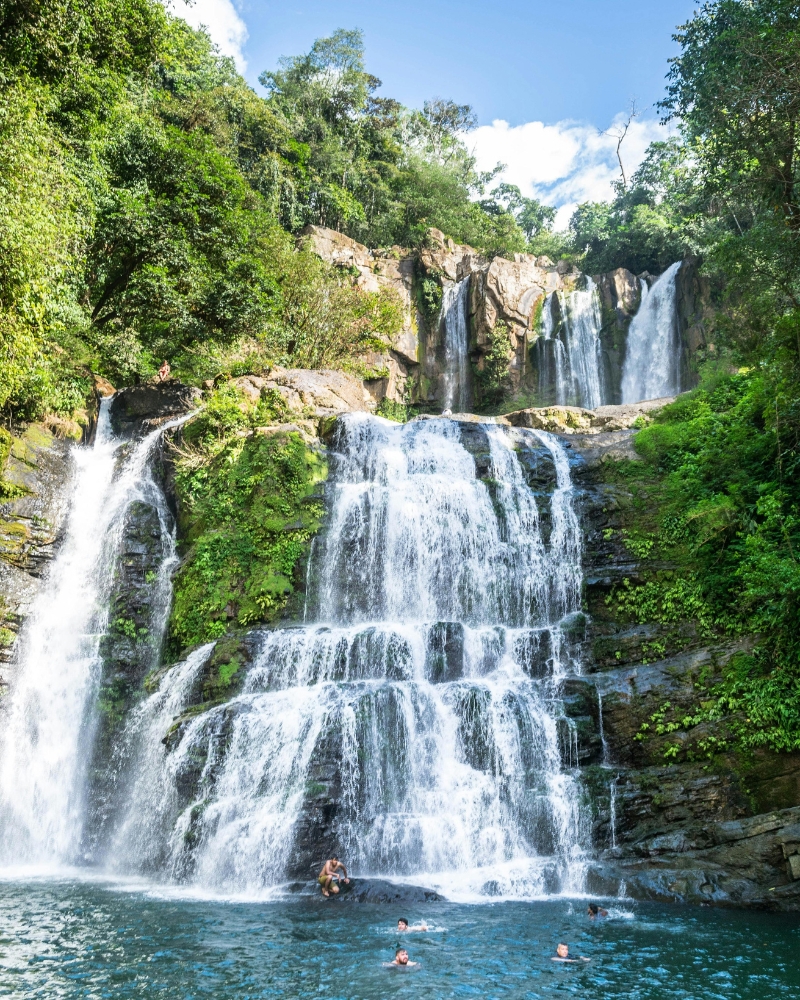
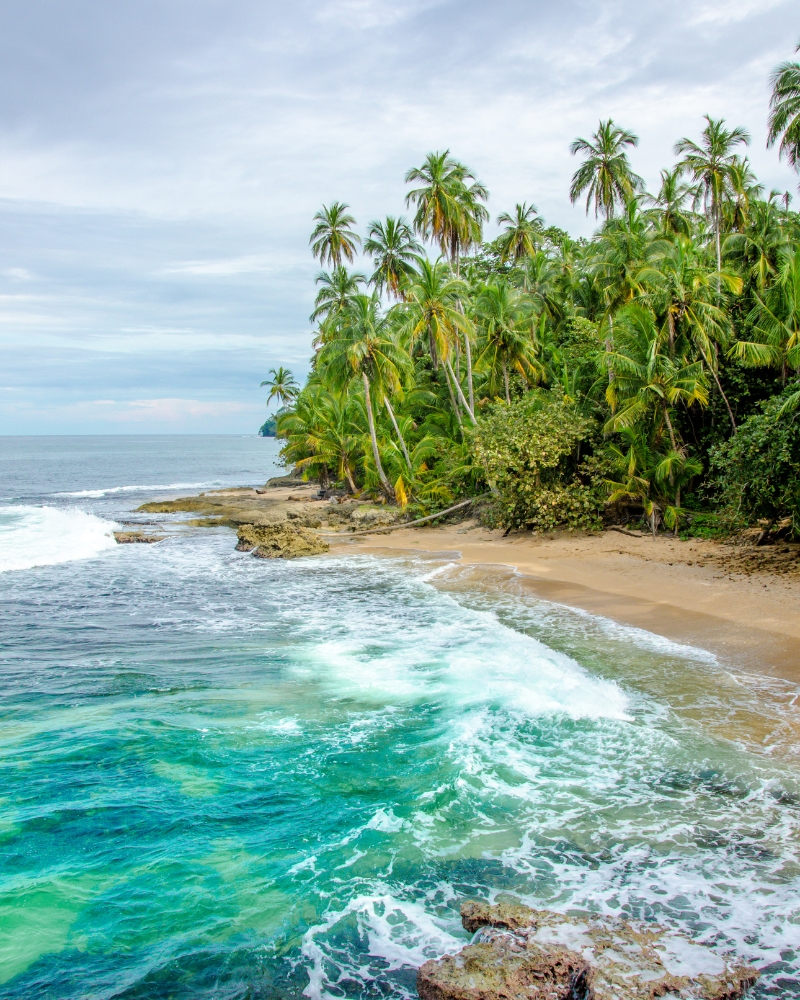
+ show Comments
- Hide Comments
add a comment